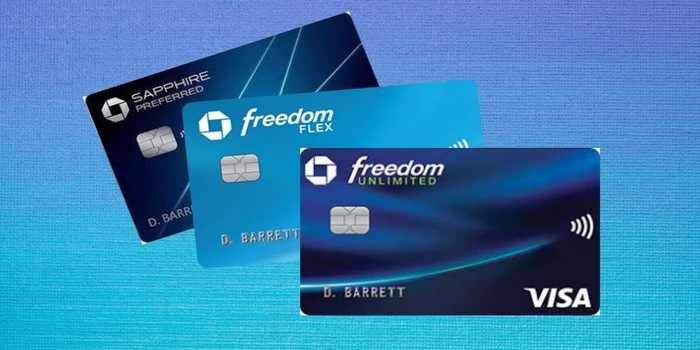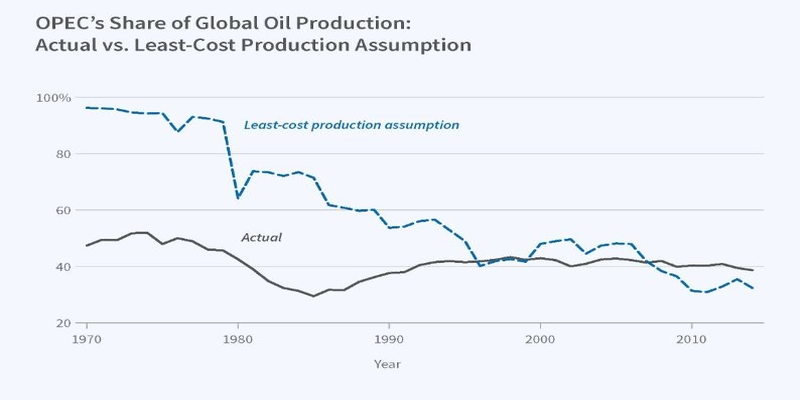Discover How to Set Up A SEP IRA Effectively
As an independent company owner, you are concerned about your employees' long-term well. Additionally, you need to be sure that you are safeguarding their safety at work and their retirement down the road.
By doing this, you have probably looked for practical ways to support yourself and your staff in adding to their retirement savings. A SEP IRA (Simplified Employee Pension Individual Retirement Account) can be the solution if you're looking for alternatives to a formal profit-sharing plan.
These five additional SEP IRA facts are essential for employers and independent contractors to be aware of, in addition to the plan's low administrative fees, flexibility, and cheaper costs. A SEP IRA is one of small businesses' most straightforward retirement plans to establish and manage.
Let's explore this article to learn about business owners: how to set up a SEP IRA!
Setting Up SEP IRA All You Need To Know
SEP IRA

One kind of individual retirement account where contributions are provided only by the employer is the Simplified Employee Pension (SEP) IRA.
Tax-deferred retirement plans, or SEPs, can be created by companies of any size. Compared to conventional retirement plans, they have higher contribution limits, more flexibility, and fewer administrative obligations, which makes them popular with entrepreneurs and small business owners.
A SEP IRA can be the best option if you own a small business with few employees and seek a flexible, stress-free approach to contribute to retirement.
Who Can Establish the SEP IRA?
Business owners, including independent contractors and self-employed people, may open an SEP IRA. Compared to other retirement plans, they need less paperwork, and creating an account is as simple as filling out an online form.
Contributors SEP IRA Rules
Comprehending the guidelines of SEP IRA contributions is essential for an efficient account. Employers are the only ones who can contribute, and their share of pay must be the same for all employees. Employers are entitled to the same wage proportion as other employees since they are also regarded as company employees.
For instance, if an owner or company contributes 20% of their salary to their personal SEP IRA, they are also required to contribute 20% of the payroll of each qualified employee. Because of this, a SEP IRA is a fantastic choice for family-run or small businesses looking to save for retirement while also sharing earnings. Another kind of retirement plan might be better for companies with a larger workforce because of funding requirements.
Eligibility Criteria

Participants who qualify are workers who:
- Are at least 21 years old. They have spent at least three of the previous five years working for you. They had received at least $650 in pay from their employer in the last 12 months. The IRS sets these SEP IRA guidelines, but the employer may opt to modify them.
- The employer may decide to accept contributions. As long as all donations for the relevant tax year are made by the deadline for filing tax returns, there are no restrictions on when or how frequently a business owner may make contributions. Employers can use the internet portal, phone, or postal service their plan provider provides to make contributions, as they are not connected to payroll processing.
Top Benefits Of SEP IRA
Contribution Flexibility

Flexibility and convenience are usually the main advantages of SEP IRAs for small business owners. With this option, you can make contributions at any time and in any amount you desire (up to IRS maximums).
Contributions must be equivalent to the percentage of remuneration for each employee in the total pool before the year's tax deadline.
This implies that the business owner has until the following year's filing date to decide how much to contribute for the relevant tax year. Because the amount varies from year to year, employers are free to alter their contributions in accordance with fluctuations in their company's revenue.
Administration Ease
Very little administrative work is needed with SEP IRA programs. Some retirement plan types, like a 401(k), must prepare an annual 5500 tax filing and undergo yearly non-discrimination testing.
This kind of tax filing can be expensive annually since it usually entails a high degree of reporting risk for the preparer. An additional benefit of administrative SEP IRAs is the absence of annual employee notice requirements.
Safe Harbor Notifications and other documentation are frequently required by 401(k) plans to be sent to every employee by a specific deadline each year. Employers typically do not have to submit yearly reports for SEP IRA plans.
Higher Contribution Limits
A company owner will typically select a SEP IRA over a regular or Roth IRA primarily because of the higher contribution limitations that SEP plans offer. A person's regular or Roth IRA contributions cannot exceed $6,000 ($7,000 if they are over 50) during the 20192021 tax year.
However, with an SEP account, the cap is only as high as $58,000 (as of 2021) or 25% of an individual's yearly salary. In 2022, this will rise to $61,000.An extra benefit is that an individual can max out a regular or Roth IRA and a SEP IRA in the same year.
Thus, in 2021, you can max out your traditional or Roth IRA and contribute the entire $58,000 if you work for a small employer with a SEP plan and your compensation is at least $232,000. This means that instead of saving $6,0007,000 a year with an IRA alone, you can save up to $64,000 or $65,000 annually for retirement.
Conclusion
Thats all about the business owners: how to set up a SEP IRA! Now, we hope all self-employed individuals have a flexible and efficient way to save for retirement. Higher contribution limits, ease of administration, and simplified eligibility criteria provide a powerful tool for securing long-term financial stability for both employers and employees alike.













